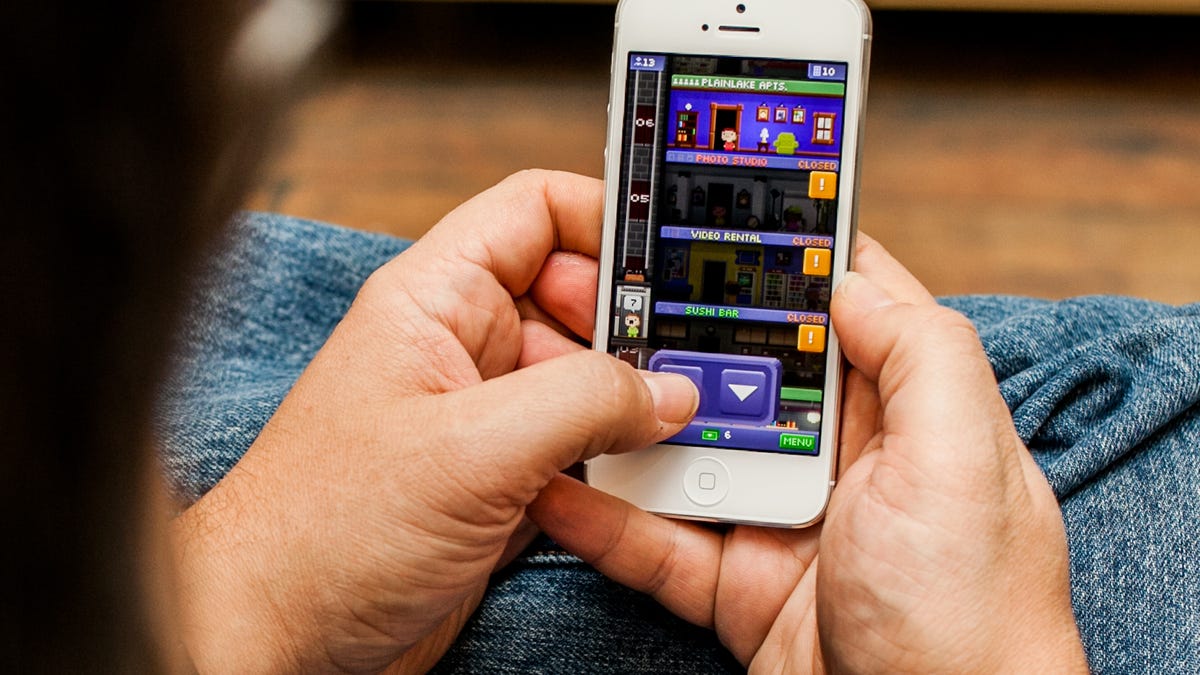iPhone users get less loyal
For the first time ever, the percentage of iPhone owners who say they definitely or probably will buy another Apple phone has declined, according to Strategy Analytics. And negative press is partly to blame, the firm says.

For the first time since the phone originally launched in 2007, the number of iPhone owners who say they definitely or probably will purchase their next handset from Apple has declined, the firm said.
There is no doubt that Apple is continuing its success in retaining existing user base while attracting new customers. However, negative press prompted by a perceived lack of recent innovation by Apple has meant we are starting to see some growth in the number of previously highly loyal consumers who are now reconsidering whether or not they will purchase a new iPhone for their next device." -- Paul Brown, director at Strategy Analytics' User Experience Practice.
The firm's study found that only 88 percent of U.S. iPhone owners are likely to buy another Apple smartphone, down from 93 percent in 2011. In Western Europe, the total is 75 percent, down from 88 percent last year.
That's still a lot, of course, but it does show that Apple faces risks with maintaining its current customer base. Some recent studies have shown that Google's Android system has been gaining ground, while Microsoft recently launched its newest Windows Phone software that it hopes will better compete with iOS.Figures released today from Kantar Worldpanel ComTech showed that Android continued to make market share gains across Europe in the 12 weeks of sales that ended September 30. In that region, Google's mobile OS rose to a 67 percent share, compared with 51 percent for the same stretch a year ago, while iOS edged down slightly to 16.5 percent.
As Taryn Tulay, an analyst at Strategy Analytics, noted, "it is the shift in the number of those who are unsure whether they will remain with the same brand for their next phone that Apple should be concerned about."

